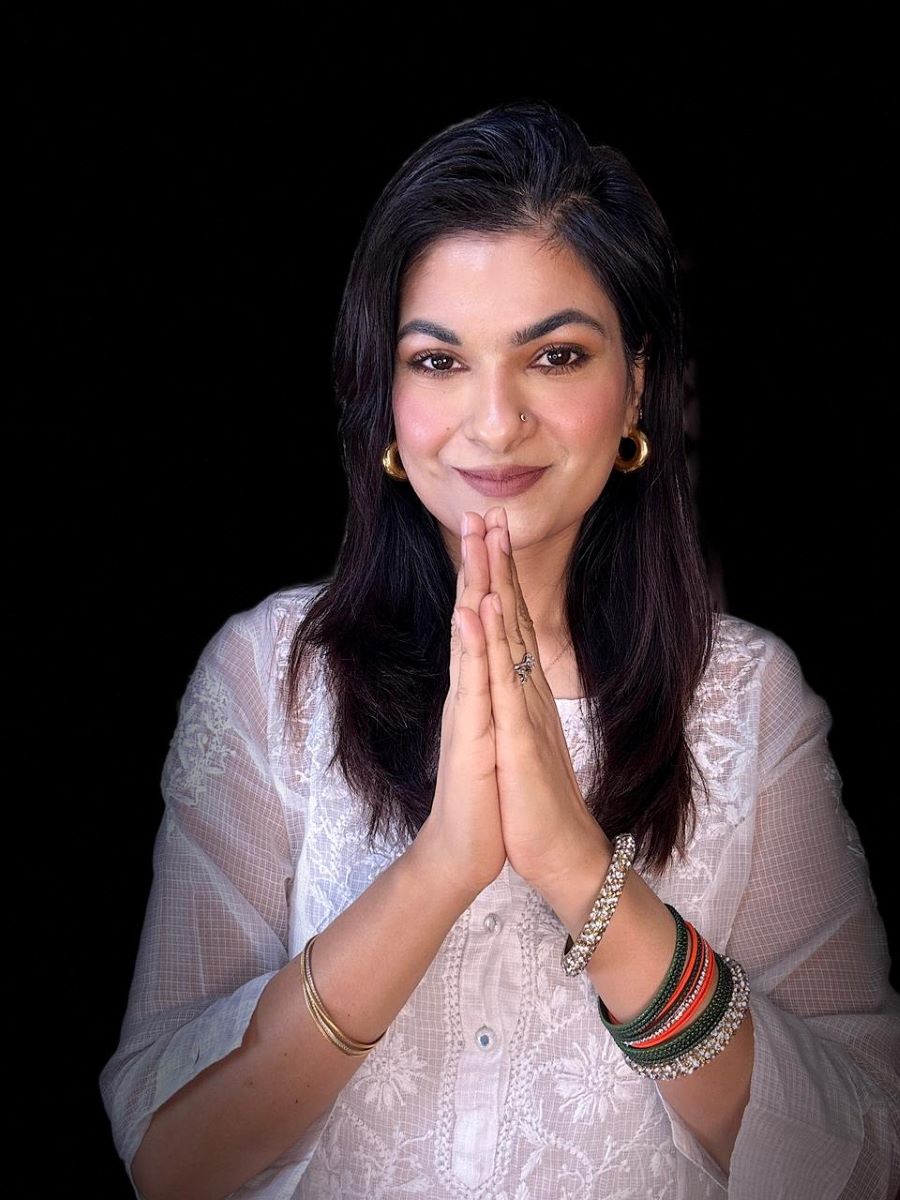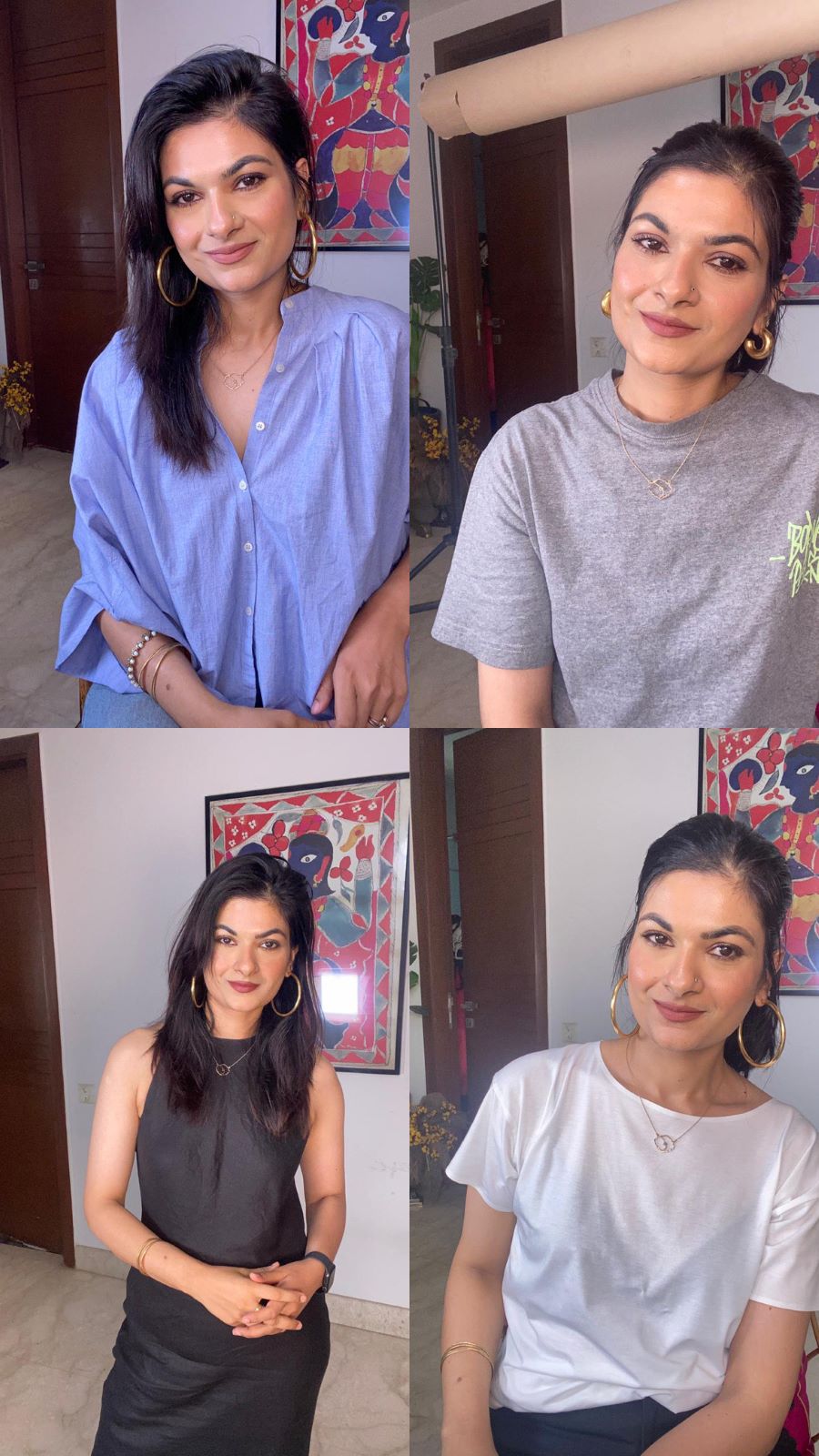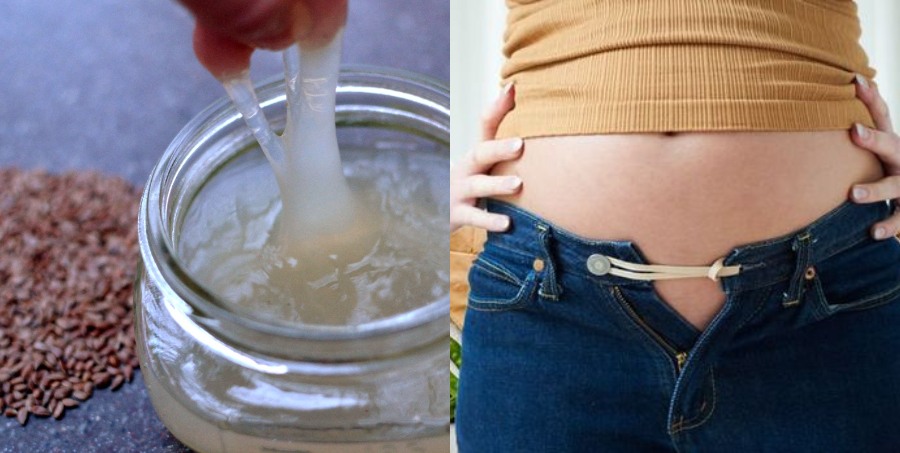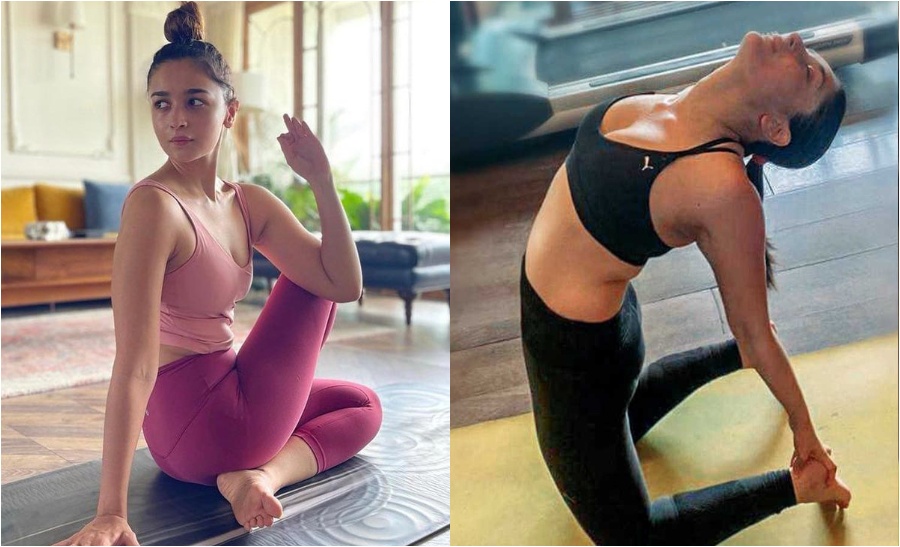The first step that people who seriously think about losing weight take is to eliminate every form of carbohydrates from their daily diet. Carbs are considered to be the main culprit that leads to weight gain and obesity. However, are all carbohydrates bad and should you go totally zero carbs if you want to slim down? Carbs are directly related to insulin spikes and are considered to be a pre-cursor to many diseases including diabetes and high sugar levels and that’s what makes them the villain when we speak about weight loss. But are we being unnecessary paranoid about carbs? What are the functions of carbohydrates in our body and what would happen if we go completely zero carbs? Do you know carbs can be broadly categorized into two sections – good carbs and bad carbs. If there is a category called “good carbs,” where’s the need to avoid all carbs from the diet completely. Let’s find answers to all these questions and more.


What are Carbohydrates?
Carbohydrates are the primary source of energy that provides fuel to our body to run its normal day-to-day activities. Carbohydrates are made of sugar, starch and cellulose and when they break down, they release energy. Our body needs – protein, minerals, vitamins, trace elements, fats, and most importantly, carbs to get energy to perform its day-to-day activities. When carbs go missing from our daily diet, the body has plan B or a contingency plan where it switches to an alternate source of fuel, i.e., to burn fat into ketones and utilize them as energy. When carb levels go down, the bodily converts fat available in the body to ketones and take it up as fuel and that’s why “keto diet” is considered as a great way to lose weight.
Carbs are broadly divided into “good” and “bad” carbs category, but they can be broadly categorized as simple and complex carbs. Also, further digging down about carbs – they can be of two types – monosaccharides and disaccharides. Monosaccharides are simple carbs and glucose, galactose, and fructose fall into this group. Glucose is found in sugars and sweets. Fructose is found naturally in vegetables, fruits and honey. Galactose is crucial in the formation of lactose. Disaccharides are sugar molecules with two monosaccharides linked together. They get broken down into separate monosaccharides. Sucrose, maltose, and lactose are disaccharides that get broken down eventually into monosaccharides. Table sugar is made of glucose and fructose. Lactose has glucose and galactose. Maltose, which is found in grains, is made of two glucose molecules.

- Sugars: These are simple carbohydrates, often termed as monosaccharides and disaccharides.
- Starches: These are complex carbohydrates, also polysaccharides.
- Fiber: These are also complex carbohydrates, also polysaccharides.
What is the Purpose of Carbohydrates/How Does Carbohydrates Benefit Human Body?
The main purpose of carbohydrates in the diet is to provide energy. Most carbs get broken down or get transformed into glucose, which can be used as energy because our body and mind like to use glucose for energy. Since glucose can be easily and quickly broken down, they are preferred by our body over any other energy source. Fructose and sucrose are found naturally in fruits and vegetables. Lactose is found naturally in milk. On the other hand, sugars or refined carbs that have been added during food processing provide little to no nutrient value to the body and cause sugar spikes and weight gain.
Best Good Carbs or Whole Carbs Food Items:
- Best Low-Carb Vegetables: Capsicum, broccoli, asparagus, mushrooms, zucchini, spinach, avocados cauliflower, lettuce, garlic, cucumbers, celery, tomatoes, radish, brinjal, cabbage.
- Whole fruits: Watermelon, strawberries, avocados, peach, honeydew.
- Legumes: Kidney beans, chickpeas, black beans, lentils, green peas, black eyed beans.
- Nuts: Almonds, pine nuts, macadamia, pecan, walnut, peanuts, hazelnut.
- Whole grains: Amaranth, Buckwheat, oats, quinoa, wild rice, bulgur, barley, brown rice, whole rye.
- Tubers: Sweet potatoes, leeks.
Bad Carbs:
- Beverages: Beer, alcohol, aerated drinks, canned juice.
- Fruit juices: All kind of fruit juices, canned juices.
- Bread: White bread, pastries, cupcakes.
- Confectionary: Cakes, candies, chocolates.
- Chips: Potato chips, all kinds of chips.
Processed Carbs Vs Natural Carbs:
Processed carbs are food products made from whole grains which have undergone the refining process and have been ripped off their vitamins, minerals and fiber and what remains is just empty calories and carbs which add no nutrient value to the body. “Maida” is the most widely used refined carb from which a wide range of food products such as white bread, biscuits, cakes, pastries are made. Refined, processed carbs cause weight gain, but whole grain and fiber carbs do not add lead to obesity.
List of Refined Carbohydrates that you should totally avoid in order to lose weight:
- Cakes.
- White bread.
- Polished rice.
- Cookies.
- Biscuits.
- Pastries.
- Pizza.
What’s the Importance of a Low-Carb Diet?
Low-carb diet has gained huge popularity among people who want to shed weight quickly. A low-carb diet demands severe limitation of carbohydrates including that of grains, natural fruits both in raw and juice form, and increase in protein and fat content. Ketogenic diet is a popular low-carb diet where one consumes high-fat food items, limiting carb intake to less than 25 gm per day. The body is tricked into switching to use alternate source of energy, in the form of burning ketones that get converted by breaking down of fat. Only low carb vegetables like capsicum, cauliflower, mushroom, zucchini are allowed. People switch to low-carb diet to lose weight rapidly, to improve insulin sensitivity, and to prevent or reverse type 2 diabetic condition.
Does our Body Need Carbohydrates on a Daily Basis for its normal function?
No, carbs are not an essential nutrient. Carbs provide our body with energy, but in a situation where carbs are absent, the body switches to alternate source of energy, converting fat into ketones for energy. But not all carbs are unhealthy – vegetables and fruits have carbs and they provide nutrients and vitamins to the body. When you are thinking about carbs, pick carbs with high fiber content and items that are not refined to not gain weight.
How Carbohydrates Effect Weight Gain?
Carbohydrates can be broadly categorized as simple and complex. Breaking them down further – they can be grouped into these sub-categories – simple refined, simple natural, complex refined, and complex natural. The most notorious carbohydrates that have little to zero nutritional value are table sugar, white all-purpose flour. Food items such as pasta, bread, aerated beverages, candies, cakes, etc., have refined carbs in them and cause insulin to spike up rapidly. High insulin levels in the body trigger fat storage and that’s where carbs become the villain. Our body uses carbs to run its daily functions and derive energy from carbs. Complex carbohydrates get broken down into simple sugars during the digestion process and are converted and absorbed from the small intestine. This sugar then gets absorbed into the blood. Natural and complex carbs are digested slowly and do not raise blood sugar level or spike insulin rapidly. On the other hand, refined sugars raise blood sugar and insulin levels rapidly and high blood sugar triggers the release of insulin. Insulin is the hormone required for the cells to absorb glucose and put it to better use; however, in people with insulin resistance and diabetes, the cells do not respond to insulin and this triggers more insulin release. When extra blood sugar accumulates, insulin converts sugar into fat and stores them for future use. When you switch to a low-carb diet, insulin spikes are less frequent and as a result, there is less to no fat storage. In such a scenario, body opts to make use of stored fat and that’s when weight drop happens. Since refined carbs go through the digestion process quickly since they have nil fiber content, they cause rapid insulin spikes and insulin pushes the body to create new fat cells for storage which leads to weight gain and obesity.
How Many Carbs Should You Eat Per Day To Lose Weight?
The optimal carb intake in a ketogenic diet is just about 25 gm per day; however, for someone who just wants to maintain their weight, here’s the optimum level for carb intake:
1500 calorie diet = 150 gm per day.
1200 calorie diet = 158 gm
To lose weight quickly – limit carb intake to 50 to 150 gm.
The Best Carbs to Eat to Maintain Good Weight and Lose Weight:
- Sweet potato.
- Quinoa.
- Roasted chickpeas.
- Rye.
- Greek yogurt.
- Oatmeal.
- Buckwheat.
- Banana
- Green peas.
- Wheat pasta.
- Whole wheat bread.
- Black beans.
- Cherries.
- Apples.
How To Reduce Carbohydrate Intake if you want to Lose Weight?
- Instead of eating thick crust pizzas, opt for thin crust pizzas that will have less amount of refined flour.
- If you are eating at a place like McDonald’s, ditch the bun and eat only what comes between the buns.
- Love noodles, instead of the starchy carb-rich noodles, you can turn that healthy zucchini into noodles using a simple tool like spiralizer and make your own delicious noodles.
- Instead of carb-rich bread, make yourself healthy flaxseed bread which would just take three minutes to bake in the microwave.
- Missing rice on a low-carb diet – no probs, the low-carb cauliflower can take care of that craving – just grate the cauliflower florets into rice consistency and make whatever you want out of it – from pulao to biryani, the options are endless.
- Replace the regular toast with sweet potato crisps.
- Switch to almond milk instead of regular milk.
- Eat protein-rich food to keep your carb-cravings in check. Eating boiled eggs and omlettes for breakfast will keep you full for a longer period of the day and reduce frequent snacking too.
25 Healthy Low-Carb Foods:
- Cauliflower.
- Broccoli
- Pecan nuts.
- Macadamia
- Strawberries.
- Eggs
- Chicken breast
- Avocado
- Green beans
- Almonds
- Mushrooms
- Bell peppers/capsicum.
- Whole grains, brown rice.
- Oats.
- Apples.
- Cabbage.
- Fish.
- Cottage cheese/paneer.
- Tofu.
- Cheese.
- Eggplant/brinjal.
- Spinach.
- Celery
Best 12 Low-Carb Snacks:
- Boiled eggs.
- Peanut butter.
- Cauliflower crisps.
- Cheese fritters.
- Sunflower seeds.
- Cauliflower fritters.
- Cheddar cheese slices.
- Greek yogurt.
- Zucchini noodles.
- Zucchini chips.
- Cheese crisps
- Peanut butter multigrain toast.
Foods to Avoid on a Low Carb Diet:
- Soft drinks.
- Fruit juices.
- Chocolates.
- Candies.
- Ice Cream.
- Refined flour.
- Rice.
- White bread.
- Pasta.
- Processed food.
- Canned food.
- Potato.
Myths about Carbohydrates:
- All carbohydrates are not bad – refined carbs or processed carbs cause rapid insulin spikes whereas complex carbohydrates provide energy to the body and get digested slowly without causing insulin spikes. Carbohydrates that comes from plants are rich in vitamins and essential nutrients which the body needs for normal functioning and it is not right to deprive the body completely of carbs.
- Whole grains are beneficial to protect the body against type 2 diabetes. The nutrient content of whole grains along with their low glycemic index help increase insulin sensitivity.
- Fiber isn’t found in carbs.
- Carbs make you feel lethargic.
- Carbs make you feel bloated.
List of Carbohydrates that you can eat and Still Lose Weight:
- Whole wheat pasta.
- Legumes.
- Whole wheat bread.
- Oatmeal.
- Quinoa.
- Kodo millet, foxtail millet.
- Apples, both green and red.
- Dark chocolate.
- Sweet potatoes.
- Blueberries.
- Buckwheat.
- Amaranth.
- Greek yogurt.
- Wheat bran.
How Can you Switch from Refined Carbs to Healthy Carbs:
1. Switch from white bread to whole grain bread.
2. Look for whole grain biscuits and crackers.
3. Enriched grains are food products in which nutrients have been added back to the product, look for ingredients list with enriched grains.








